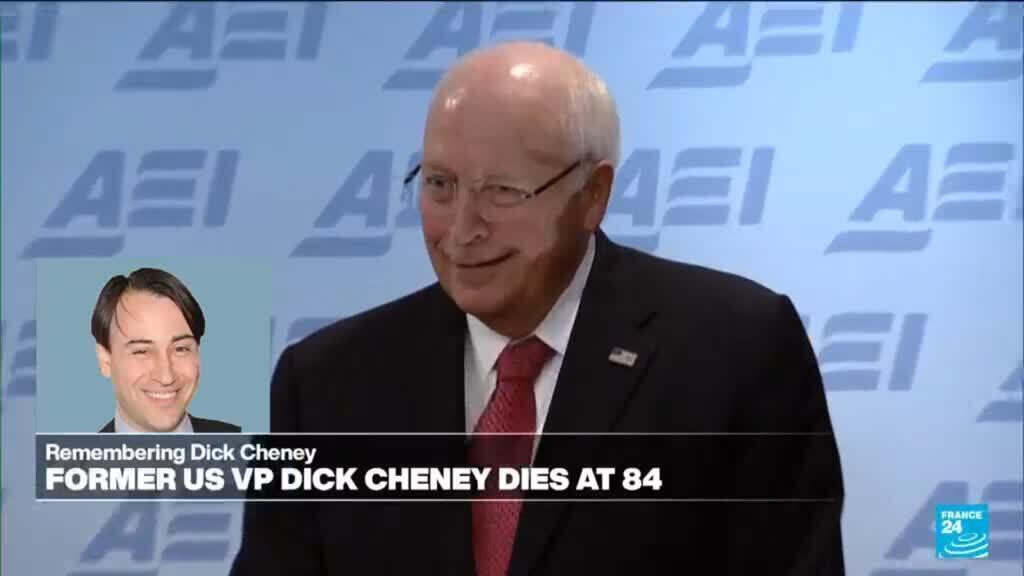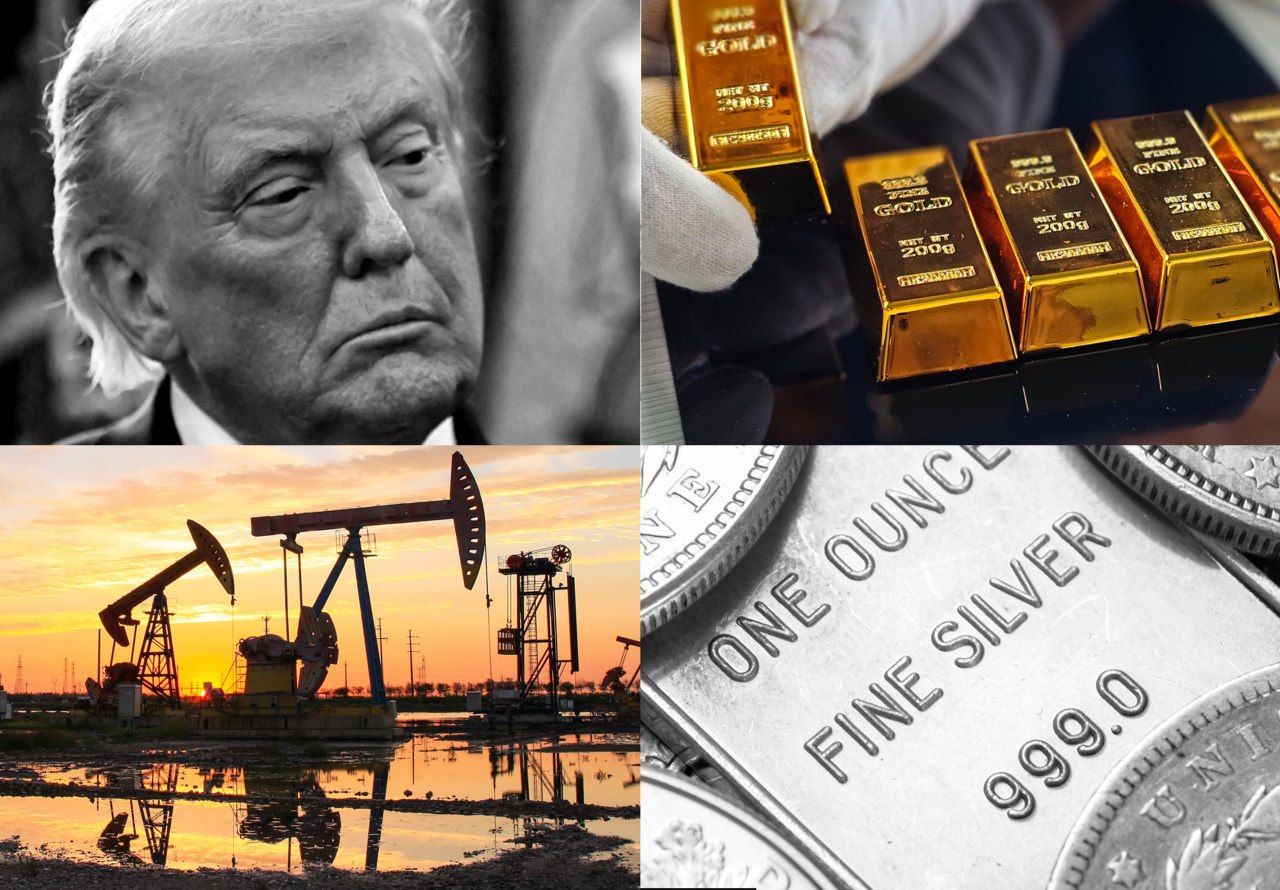Education
Dick Cheney, Polarizing U.S. Vice President, Dies at 84

Former Vice President Dick Cheney, a prominent figure in American politics and a key architect of the U.S. invasion of Iraq, has passed away at the age of 84. His death marks the end of an era for a politician whose influence and controversial decisions shaped both the Republican Party and U.S. foreign relations over several decades.
In an interview with France 24, Ian Reifowitz, Distinguished Professor of History at SUNY-Empire State University, reflected on Cheney’s complex legacy. Known for his hard-charging conservative ideology, Cheney served as Vice President under President George W. Bush from 2001 to 2009, a period marked by significant military intervention abroad and intensified debates over executive power.
Cheney’s role in promoting the Iraq War following the September 11 attacks remains particularly contentious. Advocating for intervention based on claims of weapons of mass destruction, Cheney became a leading voice for a foreign policy that many critics argue has had lasting negative effects on the Middle East and U.S. standing globally.
Impact on the Republican Party
Cheney’s tenure in office solidified his position as a critical figure within the Republican Party, influencing its direction and policies for years. His approach has polarized opinions among party members and the public alike. Supporters laud him for his strong national security stance, while detractors criticize his aggressive tactics and the consequential human and financial costs of war.
Reifowitz stated, “Cheney’s impact on the Republican Party is undeniable. He represents a faction that prioritizes military strength and intervention. His legacy will continue to fuel debates about American foreign policy for years to come.”
Throughout his career, Cheney held various influential roles, including Secretary of Defense under President George H.W. Bush and a congressman from Wyoming. His extensive experience in government positioned him as a formidable force in shaping policy decisions during his vice presidency.
Public Perception and Controversy
Public perception of Cheney has been deeply divided. While he is revered by many conservatives for his staunch defense of American interests, others view him as a symbol of government overreach and ethical ambiguity. The Washington Post once described him as “the most powerful vice president in history,” a title that underscores both his influence and the controversies surrounding his political actions.
Cheney’s passing has prompted reactions from various political figures and commentators. His legacy will likely continue to evoke strong emotions as the Republican Party navigates its future direction in a rapidly changing political landscape.
Despite the controversies, Cheney’s impact on American politics and international relations is profound and enduring. As the nation reflects on his contributions, the conversations surrounding his legacy are sure to persist, influencing both current and future generations of policymakers.
-

 Top Stories1 month ago
Top Stories1 month agoRachel Campos-Duffy Exits FOX Noticias; Andrea Linares Steps In
-

 Top Stories1 week ago
Top Stories1 week agoPiper Rockelle Shatters Record with $2.3M First Day on OnlyFans
-

 Top Stories6 days ago
Top Stories6 days agoMeta’s 2026 AI Policy Sparks Outrage Over Privacy Concerns
-

 Sports5 days ago
Sports5 days agoLeon Goretzka Considers Barcelona Move as Transfer Window Approaches
-

 Top Stories1 week ago
Top Stories1 week agoUrgent Update: Denver Fire Forces Mass Evacuations, 100+ Firefighters Battling Blaze
-

 Top Stories1 week ago
Top Stories1 week agoOnlyFans Creator Lily Phillips Reconnects with Faith in Rebaptism
-

 Entertainment5 days ago
Entertainment5 days agoTom Brady Signals Disinterest in Alix Earle Over Privacy Concerns
-

 Top Stories5 days ago
Top Stories5 days agoWarnock Joins Buddhist Monks on Urgent 2,300-Mile Peace Walk
-

 Top Stories7 days ago
Top Stories7 days agoOregon Pilot and Three Niece Die in Arizona Helicopter Crash
-

 Health2 months ago
Health2 months agoTerry Bradshaw Updates Fans on Health After Absence from FOX NFL Sunday
-

 Top Stories4 days ago
Top Stories4 days agoCBS Officially Renames Yellowstone Spin-off to Marshals
-

 Sports4 days ago
Sports4 days agoSouth Carolina Faces Arkansas in Key Women’s Basketball Clash



